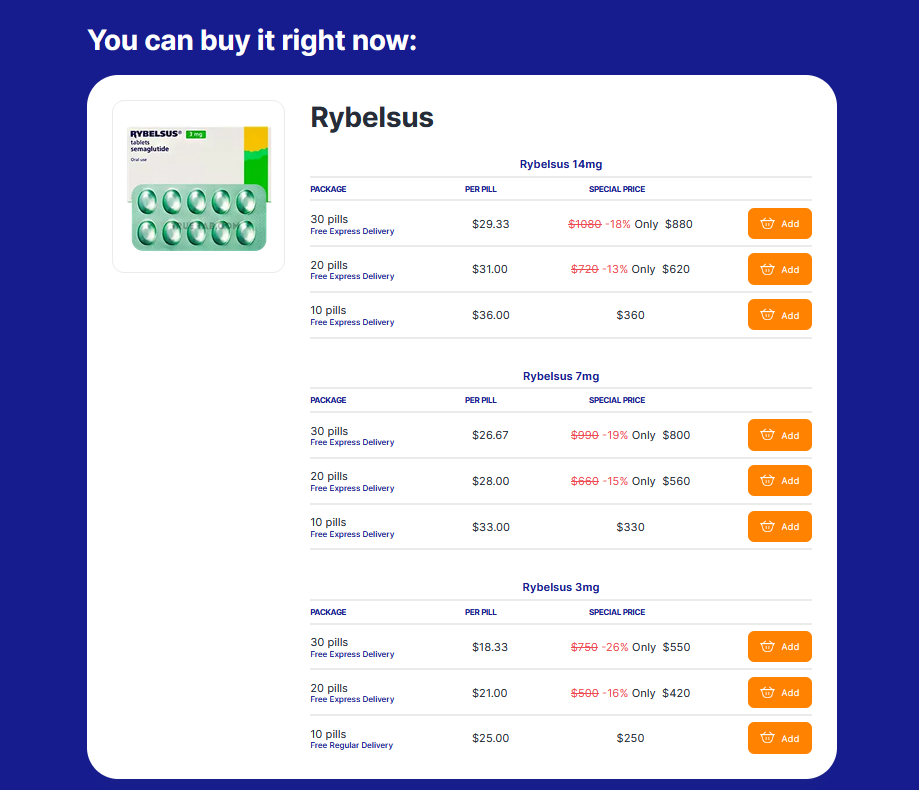Rybelsus Ja Levotyroksiini: Interaction Between Rybelsus and Levothyroxine (Finnish)
Rybelsus Ja Levotyroksiini: Interaction Between Rybelsus and Levothyroxine (Finnish)
Blog Article
Rybelsus For Insulin Resistance: Its Role in Insulin Sensitivity
Rybelsus is a medication that has gained significant attention in the field of diabetes management. In this SEO article, we will delve into what Rybelsus is, its uses, dosage, potential side effects, and other important information for individuals considering or currently using this medication.
What is Rybelsus?
Rybelsus, also known by its generic name semaglutide, belongs to a class of medications called glucagon-like peptide-1 (GLP-1) receptor agonists. It is primarily used to lower blood sugar levels in adults with type 2 diabetes mellitus.
Uses of Rybelsus:
Rybelsus is indicated for the treatment of type 2 diabetes mellitus in adults. It works by stimulating the release of insulin from the pancreas and decreasing the amount of glucose produced by the liver, thereby helping to control blood sugar levels.
Dosage and Administration:
The typical starting dose of Rybelsus is 3 mg taken orally once daily. After at least 30 days, the dosage may be increased to 7 mg once daily if additional blood sugar control is needed. It should be taken with or without food, and swallowing the tablet whole is crucial, as it should not be crushed or chewed.
Side Effects:
Like any medication, Rybelsus may cause side effects. Common side effects include nausea, diarrhea, vomiting, abdominal pain, and decreased appetite. In some cases, more serious side effects such as pancreatitis or kidney problems may occur. It is essential to discuss any concerns or potential side effects with a healthcare provider.
Precautions and Warnings:
Before starting Rybelsus, individuals should inform their healthcare provider about any existing medical conditions, especially a history of pancreatitis, gallbladder problems, kidney disease, or a family history of thyroid cancer. Pregnant or breastfeeding individuals should also consult their healthcare provider before using Rybelsus.
Interactions:
Rybelsus Copay: Understanding Copayment Options for Rybelsus
Rybelsus may interact with certain medications, including insulin or insulin secretagogues, leading to an increased risk of hypoglycemia. It is essential to inform healthcare providers about all medications, supplements, and herbal products being taken to avoid potential interactions.
Conclusion:
Rybelsus is a valuable medication for individuals with type 2 diabetes mellitus seeking effective blood sugar management. Understanding its uses, dosage, potential side effects, precautions, and interactions is crucial for safe and effective treatment. Individuals considering Rybelsus should consult with their healthcare provider to determine if it is the right option for them.
Introduction:
Rybelsus, also known as semaglutide, is a medication used to treat type 2 diabetes mellitus. This article provides essential information about Rybelsus, including its uses, dosage, side effects, precautions, and interactions, to help individuals understand this medication better.
Rybelsus: Your Guide to Building a Stronger, Healthier Future
Key Points:
Uses: Rybelsus is indicated for the treatment of type 2 diabetes mellitus in adults. It helps control blood sugar levels by stimulating insulin release and reducing glucose production by the liver.
Dosage: The typical starting dose of Rybelsus is 3 mg taken orally once daily, with or without food. The dosage may be increased to 7 mg once daily after at least 30 days if additional blood sugar control is needed.
Side Effects: Common side effects of Rybelsus include nausea, diarrhea, vomiting, abdominal pain, and decreased appetite. Serious side effects such as pancreatitis or kidney problems may occur in some cases.
Precautions: Individuals with a history of pancreatitis, gallbladder problems, kidney disease, or thyroid cancer should inform their healthcare provider before starting Rybelsus. Pregnant or breastfeeding individuals should also consult their healthcare provider before using this medication.
Interactions: Rybelsus may interact with insulin or insulin secretagogues, increasing the risk of hypoglycemia. It is essential to inform healthcare providers about all medications, supplements, and herbal products being taken to avoid potential interactions.
Conclusion:
Rybelsus is an important medication for managing type 2 diabetes mellitus effectively. Understanding its uses, dosage, side effects, precautions, and interactions is crucial for safe and successful treatment. Individuals considering Rybelsus should discuss their options with a healthcare provider to determine the most suitable treatment plan for their needs.